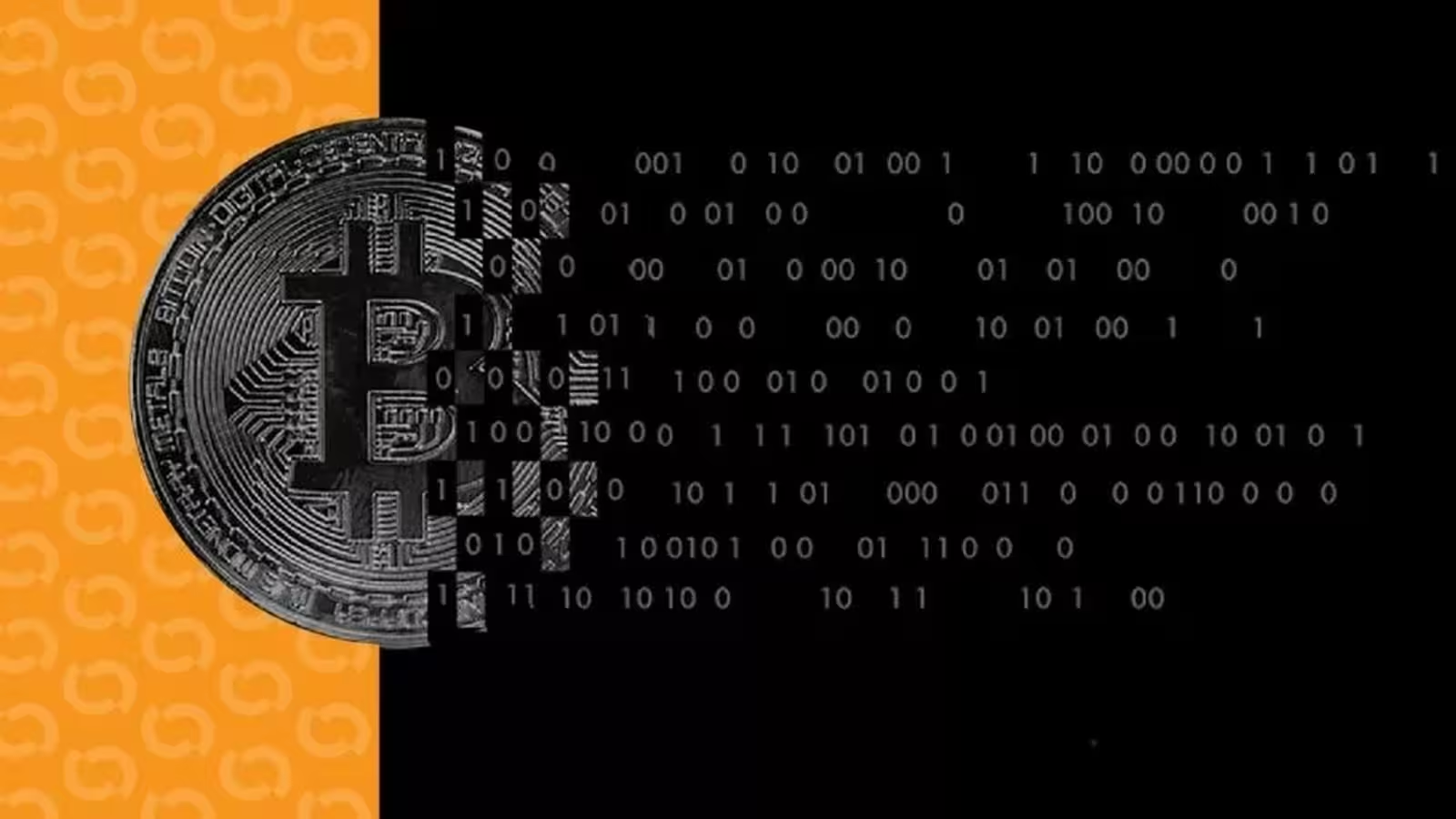Quantum Computing and the Future of Cryptography
The rapidly evolving world of quantum computing is ushering in a paradigm shift for digital security and encryption. Recent landmark research from Craig Gidney, a quantum AI researcher at Google, has revealed that quantum computers may soon have the potential to break cryptographic systems comparable to those securing Bitcoin up to 20 times more efficiently than previously estimated. This revelation renews concerns over the future of existing cryptosystems and highlights the urgent need for quantum-resistant cryptography.
The Art and Science Behind Breaking Cryptography Faster
Traditional public-key encryption systems, such as RSA, rely on the complex mathematical problem of factoring large numbers—a task that has underpinned the security of digital wallets, online banking, confidential communication, and cryptocurrencies. However, quantum computers powered by algorithms like Shor's algorithm can theoretically break these systems by performing complex calculations in a fraction of the time classical computers require.
Gidney's research specifically focuses on the resource requirements for breaking RSA encryption. His new estimates indicate that a quantum computer with around 20 million noisy qubits could crack 2048-bit RSA encryption in just eight hours. Significantly, this is a twenty-fold improvement in resource efficiency over previous expert predictions, sharply reducing the perceived quantum threat timeline.
While Bitcoin itself relies on elliptic curve cryptography (ECC) rather than RSA, ECC too is vulnerable to quantum attacks running Shor's algorithm. These foundational encryption schemes form the security backbone not only of cryptocurrencies but also of global finance, digital identities, and secure messaging.

Real-World Barriers and Progress in Quantum Hardware
Despite the alarming projections, the quantum computers required for these feats remain experimental. The most advanced quantum processors, like IBM's "Condor" (with a little over 1,100 qubits) and Google's "Sycamore" (53 qubits), fall far short of the millions of stable, error-corrected qubits necessary to threaten mainstream cryptographic standards.
However, quantum research teams, such as Project 11, are already incentivizing breakthroughs. They have offered a bitcoin bounty to anyone capable of breaking extremely weak ECC keys (1 to 25 bits) with existing quantum hardware, illustrating both the potential and the limitations of today's quantum machines.
Industry Implications, Benefits, and Next Steps
The implications of Gidney's findings ripple across the cybersecurity and finance sectors. There is an immediate push for developing and adopting post-quantum cryptography standards—algorithms designed to remain secure even against quantum attackers. Understanding quantum resources required for cryptographic attacks allows stakeholders to better estimate transition timelines and prioritize urgent upgrades for critical infrastructure.
Yet, significant technical challenges remain before practical quantum attacks can threaten real-world systems. Hardware scalability, qubit coherence, and error correction are major hurdles. The benefits of quantum computing—such as advances in drug discovery and optimization—must be balanced against the security risks these machines introduce.
Conclusin
Google's breakthrough research marks a pivotal milestone, emphasizing that quantum computers could disrupt cryptographic systems like those securing Bitcoin and digital wallets far sooner than previously believed. While quantum threats are not yet imminent due to hardware limitations, the new findings amplify the call for global preparation—including the development and deployment of quantum-safe encryption protocols. The pace of quantum advancement means that proactive planning for quantum security is no longer theoretical, but an urgent practical necessity.


Comments
Leave a Comment